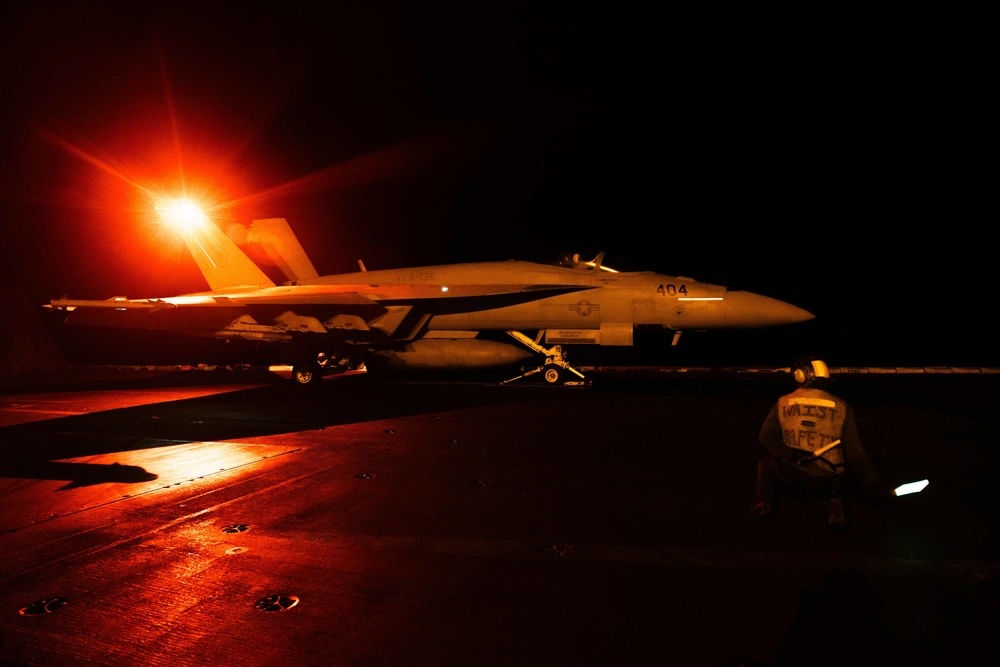The Houthi ceasefire has been heralded by the Trump administration as a win, with the U.S. and Yemen agreeing to end hostilities after nearly two years of air strikes. While the peace agreement is certainly a plus on the Trump administration’s foreign policy record, its necessity points to a deeper vulnerability in U.S. foreign policy that has yet to be remedied.
The U.S. has been engaged in hostilities with the Houthis since late 2023, following the group’s seizure of a cargo ship and escalation in the targeting of vessels passing through the Red Sea. In the last two years, these attacks have sunk two vessels, damaged dozens of others, and forced major shipping companies to divert to alternate routes. The initial response by the U.S. was the formation of “Operation Prosperity Guardian”, a multilateral coalition focused on ensuring security in the Red Sea. The more recent and largely unilateral “Operation Rough Rider”, initiated in March by the second Trump administration, continued to escalate U.S. engagement through a highly intensive and sustained bombardment of launch sites and other Houthi military targets.
The negotiated ceasefire demonstrates both the strengths and weaknesses we may expect from the Trump administration’s foreign policy going forward. Additionally, it highlights a deeper need for a restrained approach by U.S. policymakers when considering military involvement, particularly against non-state actors.
More on Middle East

November 4, 2025

November 4, 2025
Events on Houthis







